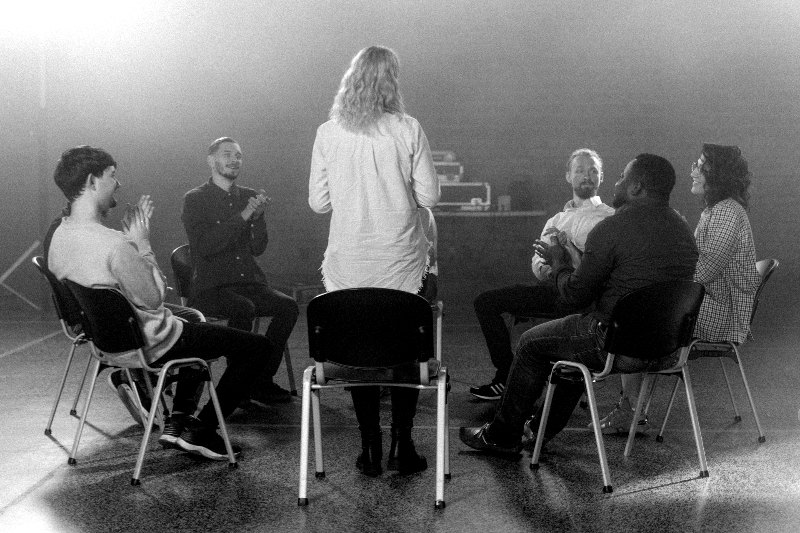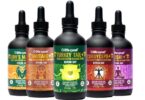When confronting drug addiction, one might first think of rehab. It’s a familiar path, yet not the sole route to recovery. Are there alternative treatments? Absolutely.
Beyond traditional inpatient rehab facilities, a spectrum of strategies exists for those seeking freedom from addiction. Each presents a unique approach designed to cater to individual needs and circumstances. Let’s explore a few distinct options that challenge the conventional rehab model.
Harnessing Outpatient Programs: Flexibility Meets Therapy
Outpatient programs stand as vigilant guardians for those who must balance the act of healing with the rigors of daily life. Less immersive than inpatient rehab but no less dedicated, these programs allow individuals to maintain their employment and family commitments while undergoing treatment.
The structure of outpatient services typically involves regular meetings with addiction counselors, participation in group therapies, and access to medical professionals as needed. This modality leans heavily on self-discipline, as participants return to their home environment after each session—a test of resolve under real-world conditions.
Practicality aside, these programs often integrate evidence-based practices such as Cognitive Behavioral Therapy (CBT) and Dialectical Behavior Therapy (DBT), empowering individuals to rebuild their mental resilience against substance dependence. Outpatient care is not a light undertaking; it’s simply a path that acknowledges life’s complexities while steering towards sobriety.
Suboxone (Prescribed by a Doctor): A Stepping Stone to Stability
If you’re navigating the turbulent waters of opioid addiction, Suboxone may emerge as a lighthouse—a pharmaceutical intervention offered up by your physician, guiding toward calmer seas.
Suboxone combines buprenorphine, a partial opioid agonist with a ceiling effect that lowers abuse potential, and naloxone, which counters opioid effects if injected rather than taken as prescribed. The result? An effective deterrent against misuse and an aid in normalizing brain chemistry.
However, it’s not without its side effects, which is why having a professional give you the green light to take it is important. If you do suffer from the main undesirable dental-related challenges after taking this drug, you can have your tooth decay Suboxone case handled by the experts at Dolman Law Group—it’s about professional precision in addressing a complex challenge.
Embracing Peer Support Networks: The Strength of Shared Experiences
Under a deluge of addiction treatment options, peer support networks stand as beacons of collective resilience. These groups forge communities from shared struggles, offering a lifeline to those who might otherwise drift in isolation.
The efficacy of these networks lies in their foundation of experiential understanding. Members navigate their journeys alongside others who’ve mapped similar routes through addiction’s treacherous terrain. Organizations like Alcoholics Anonymous and Narcotics Anonymous champion this approach with time-tested methodologies that embolden members to speak candidly about their challenges in a judgment-free zone.
Engaging with peer support doesn’t preclude other forms of treatment; rather, it complements them by reinforcing accountability and providing relatable role models. It’s the realization that walking together can often take you further than walking alone—a testament to the power of mutual aid on the road to recovery.
And it’s not just talking therapy that’s useful in this context; alternatives like art therapy can be offered to give you the mental resilience to conquer the continued challenges addiction throws in your path.
The Bottom Line
Drug addiction treatment is not a one-size-fits-all affair. From outpatient programs to medication-assisted treatments and the solidarity found in peer networks, options abound.
Choose the path aligning with your unique circumstances and remember, progress may be incremental but each step forward is a victory in its own right. The journey to recovery is personal, continuous, and filled with support at every juncture.
You also need to be kind to yourself during this process, and not anticipate overnight successes. This will stand you in good stead to see through your ambitions of beating addiction, rather than entering the relapse cycle.
Photo by Tima Miroshnichenko.








